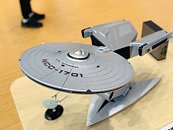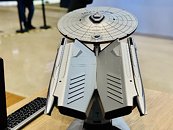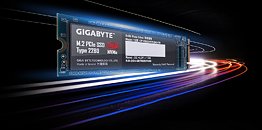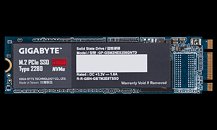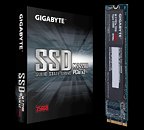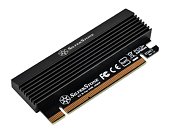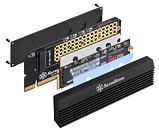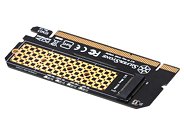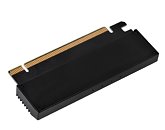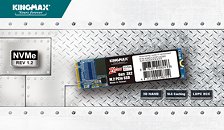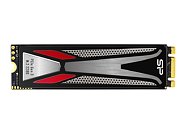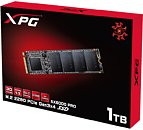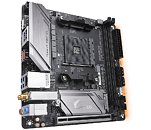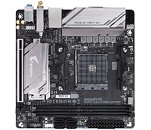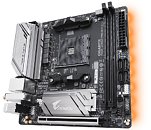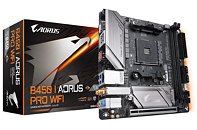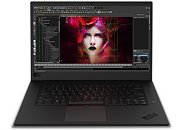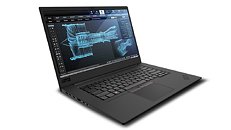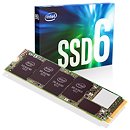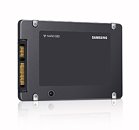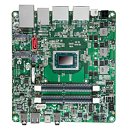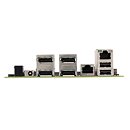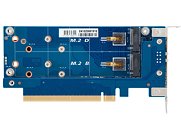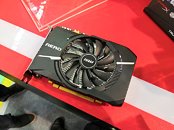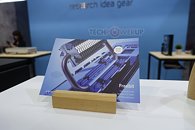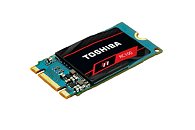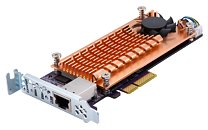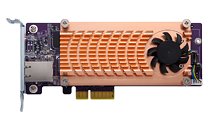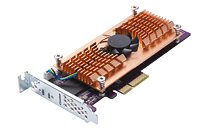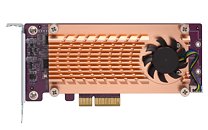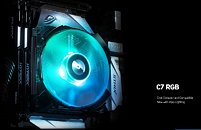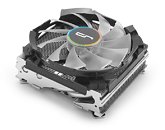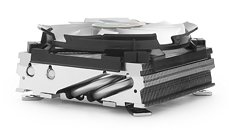
Lenovo Unveils Titanium Enterprise NCC-1701A Gaming PC - It's All in the Name
Lenovo unveiled the Titanium Enterprise NCC-1701A, a gaming PC with the phrase "enterprise" in its name. Only they aren't referring to the market-segment, but arguably the most famous ship, real or fictional, to bear the name "USS Enterprise." This gaming desktop looks like a scale-model of the Star Trek starship USS Enterprise from TOS (the original series) cinematic renditions, in which Captain Kirk and his motley crew get an upgrade to a modernized starship bearing the Starfleet registry NCC-1701-A. Perhaps the only perfectly-overlookable bits Lenovo got wrong is that bulge near the drive section, between the warp nacelles, because it accommodates some cutting-edge hardware.
Its warp-core so to speak, is a 9th generation Intel Core processor, which could very well be 8-core. In charge of its fire-power is an NVIDIA GeForce RTX 2080 graphics card. Other drool-worthy specs include 32 GB of DDR4 memory, 1 TB M.2 SSD + 2 TB HDD in charge of storage, Killer DoubleShot networking, and RGB LED embellishments all around its body. Lenovo is serious about bringing the Titanium Enterprise NCC-1701A to market, even if in small quantities. This is not a concept. Now if only the saucer section opened up from the top to reveal a Blu-ray drive, Discman-style.
Its warp-core so to speak, is a 9th generation Intel Core processor, which could very well be 8-core. In charge of its fire-power is an NVIDIA GeForce RTX 2080 graphics card. Other drool-worthy specs include 32 GB of DDR4 memory, 1 TB M.2 SSD + 2 TB HDD in charge of storage, Killer DoubleShot networking, and RGB LED embellishments all around its body. Lenovo is serious about bringing the Titanium Enterprise NCC-1701A to market, even if in small quantities. This is not a concept. Now if only the saucer section opened up from the top to reveal a Blu-ray drive, Discman-style.


